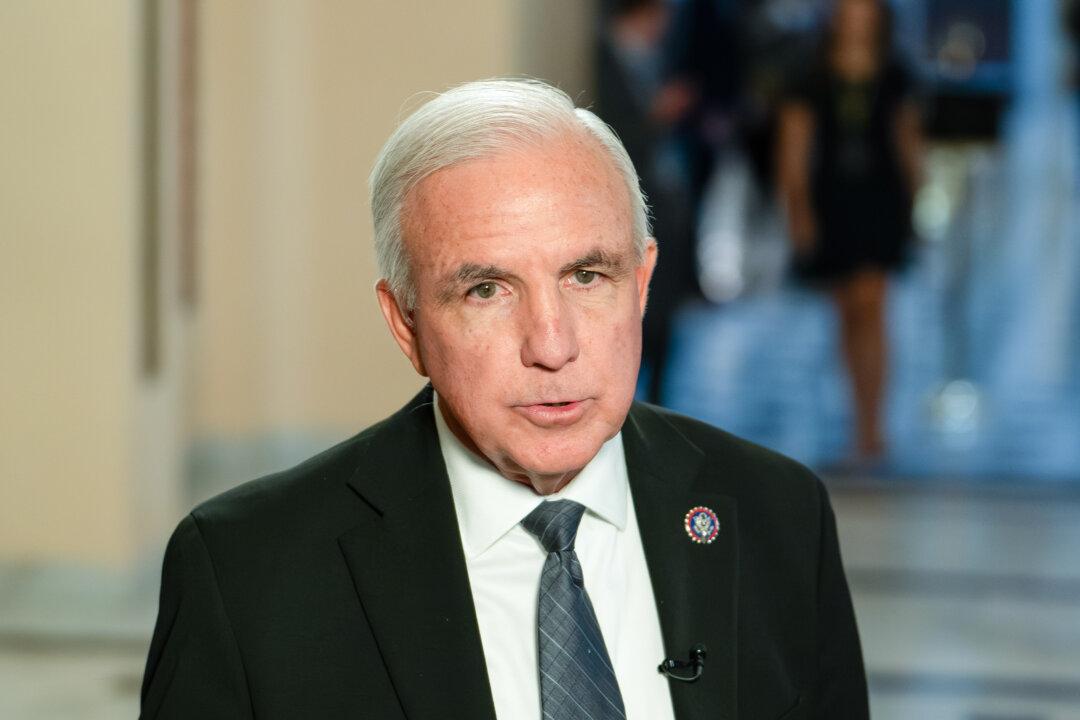A group of House Republicans has introduced additional legislation aimed at preventing the Department of Homeland Security (DHS) from procuring batteries from six China-based companies.
Rep. Carlos Gimenez (R-Fla.), chairman of the House Homeland Security Subcommittee on Transportation and Maritime Security, introduced the legislation, H.R.8631, titled “Decoupling from Foreign Adversarial Battery Dependence Act,” on June 5.





